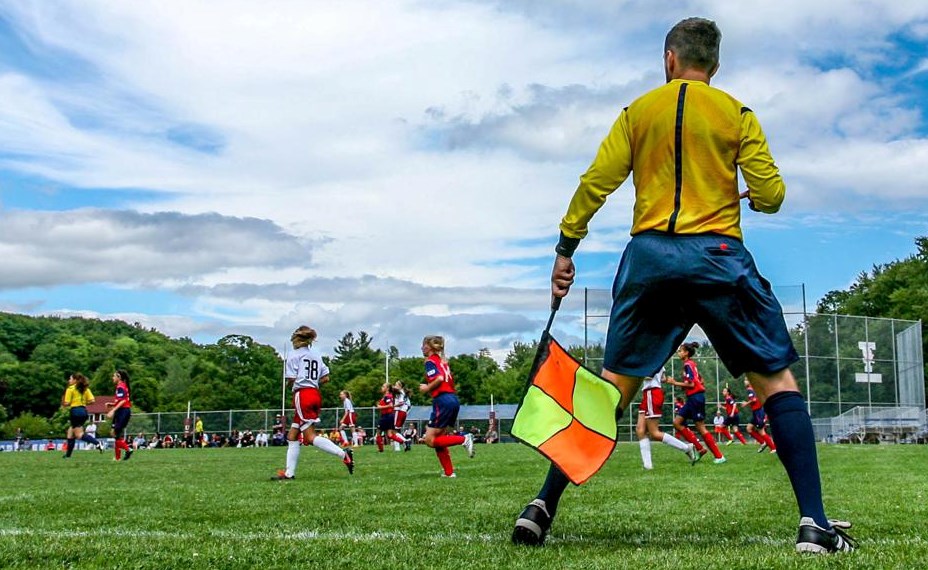Ontario Soccer, the governing body of the sport in this province, is offering body cameras to its officials as part of a pilot project to help curb abusive behaviour of referees.
There is an acute shortage of officials as referees are getting fed up with the lack of respect they’re shown during games. Everything from verbal to physical abuse has pushed officials to leave the job.
And while the Sunshine City is not immune to the issue, John Copp, the director of media relations for the Orillia and District Soccer Club (ODSC), says the local club will not be participating in the pilot project.
“We don’t feel that we have enough time to go through a proper process,” he said. “We would have to talk to the kids’ parents to get permission because these are minors.”
Copp says the ODSC disagrees "in theory" with the idea of having body cameras on referees. He says the local club believes their referees when they report abuse and don’t need video footage to confirm it. However, Copp recognizes the organization is short on match officials because of such abuse.
“Part of the reason is that historically making comments on a match official's call in any sport is acceptable,” he said. “We’ve created a culture where it’s part of the game.”
Copp says young officials who are not used to facing criticism in public have a tough time with the sometimes-toxic culture surrounding sports.
“The people who are trying to start the job quickly discover they are going to be criticized all of the time,” he said. “They don’t like it, so they quit.”
To help young officials starting out their officiating careers, the ODSC always has adult mentors at the field.
“We try to always have a club representative near the match officials, so that during halftime or at the end of the game they can debrief,” he said. “We talk to them about how they felt, about their game, and re-inforce the good things that they did.”
The ODCS structure for training young officials is now used as a “model” for clubs across the province, said Copp, who was a referee for many years.
“To nurture a match official, you have to start them at 12 or 13 years old,” Copp said. “You have to get their confidence and experience levels up.”
Copp says the ODCS hopes to be pioneers of change when it comes to people abusing officials.
“It’s important to change the way people approach referees in all sports,” he said. “Not just soccer.”
